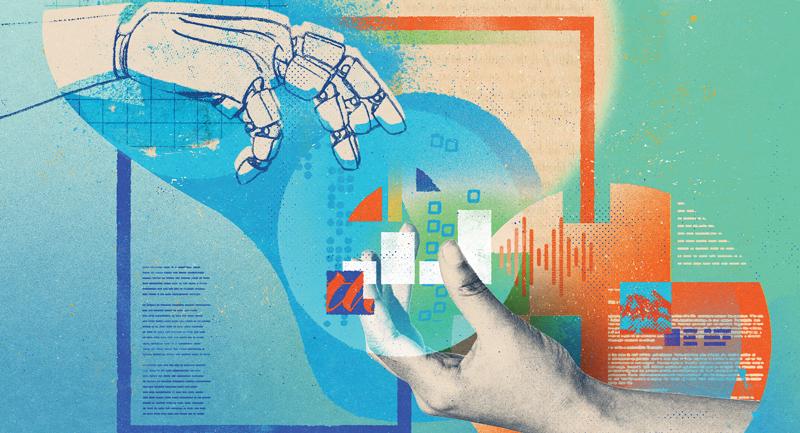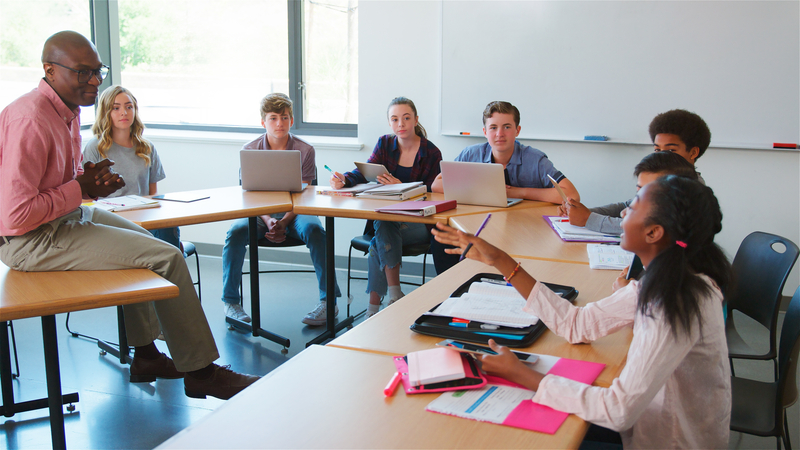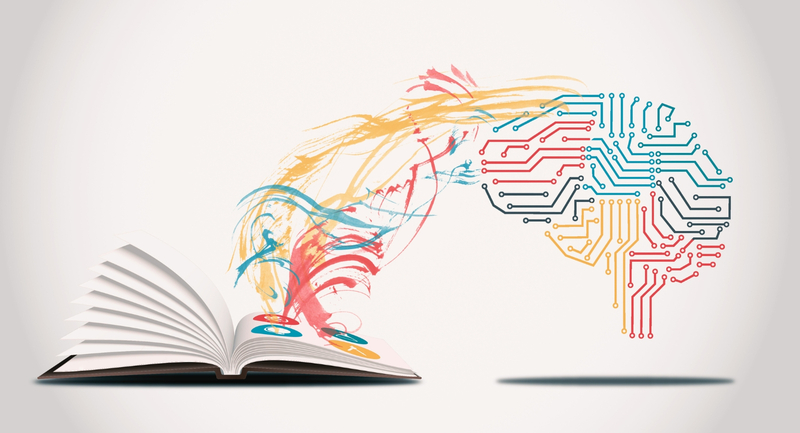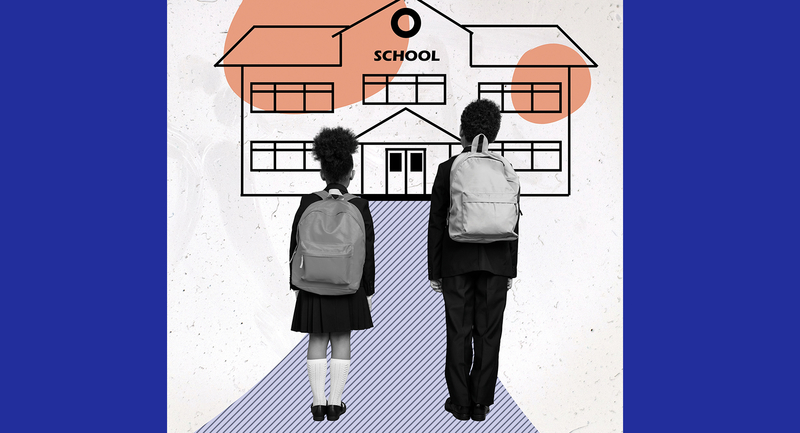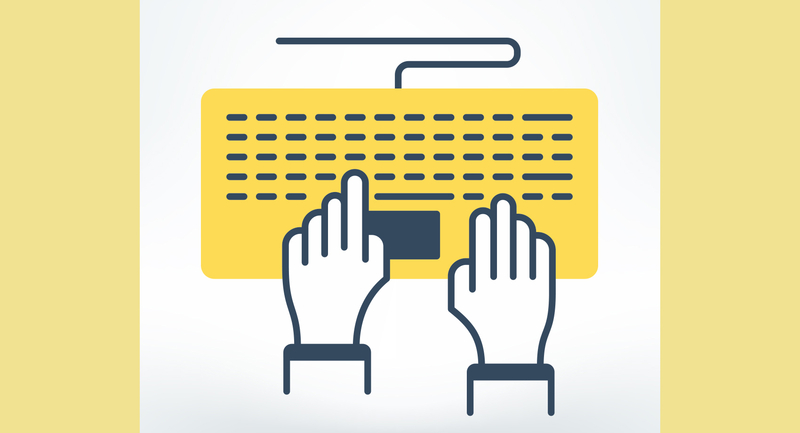In her 2007 book Proust and the Squid, Maryanne Wolf presents a history of how humans developed the skill of reading and explains what happens in the human brain as we learn to read and write—or struggle with either.
Wolf warns that in a culture where visual images and massive streams of digital information are on the rise, people could become "decoders of information, whose false sense of knowing distracts them from a deeper development of their intellectual potential." She fears that after a couple thousand years evolving a culture of reading, modern society could easily lose the capacity to read and think deeply through the desultory and multimodal nature of typical web reading, which lends itself to skimming rather than detailed reading.
And Nicholas Carr, who famously asked "Is Google Making Us Stupid?" in a 2008 article for The Atlantic, points out in his new book, The Shallows: What the Internet Is Doing to Our Brain, that a variety of research shows online reading promotes cursory reading, hurried and distracted thinking, and superficial learning that's changing the structure of the human brain and turning us into shallow thinkers.
Where such dire prognoses leave K–12 educators and their students remains to be seen. Educators have been given the mandate to integrate successive waves of technology into their lessons as part of 21st century learning and teaching. These responsibilities put schools in the unique position to better understand digitally driven literacies and help minimize potentially negative side effects of the digital transformation.
Schooling Today's Screenagers
For many K–12 classroom educators in the last three decades, technology integration has been an incremental process of expanding students' computer access for web research and for producing print and multimedia projects. A minority of more ambitious teachers have fostered creativity and collaboration via e-mail, blogs, Twitter, and Skype. Despite real changes brought about by computers, most schools still negotiate knowledge and learning with hefty doses of books, papers, and pens, even if less so than in previous years.
The new generation, sometimes dubbed "screenagers," does much more with technology outside school. Through social networking sites and wireless gizmos, kids are reading; texting; connecting socially; and making their own digital creations, from music mashups to backyard, YouTube-ready videos.
Because technology is transforming the habits of students as much as the workplace, the U.S. Department of Education's Office of Educational Technology has upped the technology ante with the release of its National Education Technology Planin Spring 2010. The plan states, "The challenge for our education system is to leverage the learning sciences and modern technology to create engaging, relevant, and personalized learning experiences for all learners that mirror students' daily lives and the reality of their futures." Federal officials reason that the world of school and the world beyond it should be better integrated if students are to prosper in their careers.
Defining New Literacies
For students to do well in the future, they must be able to work with what researchers call the "new literacies," which involve reading and learning through the Internet and other information and communication technologies. Researchers at the University of Connecticut's New Literacies Research Lab analyze the "new skills, strategies, and dispositions required for successful reading comprehension on the Internet," according to the lab's website, but they also admit that a variety of lenses focus the topic in myriad ways.
- The Internet and other information and communication technologies bring about new ways of doing literacy tasks that require new social practices, skills, strategies, dispositions, and literacies.
- New literacies are central to full civic, economic, and personal participation in a world community.
- New literacies change as relevant technologies change.
- New literacies are multiple, multimodal, and multifaceted.
So what can educators do to prepare their students for new literacies that already affect students' wider world and will continue to do so? In the article "Fresh Perspectives on New Literacies and Technology Integration," from the March 2010 issue of Voices from the Middle, Linda Labbo and Karen Place write that for students to effectively negotiate the new literacies, teachers must effectively integrate technology into the classroom with the notion that the learner is at the center of the meaning-making processes.
Classroom technology benefits learning when the following conditions can be met: finding a good fit between technology and the curriculum; understanding the outcomes of technology integration; identifying and celebrating students' technology knowledge; addressing student access to technology in and out of school; and guiding students to ask critical questions about the use of technology and its impact. Labbo and Place add that a "good fit" between technology and the curriculum occurs when the learning connections are clear; the technology motivates students and offers them knowledge beyond the textbook.
Teachers should encourage their students to ask critical questions about the technologies they use, say Labbo and Place, whether they're critiquing online gaming, the reliability of web information, personal privacy on the Internet, or issues about web-based literacy versus printed texts.
For example, the authors say, in examining role-play in the gaming world, teachers can guide students involved in discussing the structure of narrative and character development, with an added sense of agency because students are free to make choices about the role they take on within the context of the game. Many high-tech games often borrow from existing literary texts and cultural information, and teachers can help students make the connections to these references.
In the area of unintended outcomes of technology integration, Labbo and Price raise the issue of what teachers should consider "original" creations. The authors contend that when students borrow, copy, and import various digital media into their own work and properly cite them, teachers should recognize and value the students' effort at "genuine synthesis." This 21st century concept of authorship has certainly raised some eyebrows among educators.
Labbo agrees that the way students read has definitely changed. But that's not a bad thing. Students need to read differently online and in other information and communication technology genre formats, says Labbo.
"The reading goes beyond traditional comprehension and study skills of skimming and scanning to more active decision making," she emphasizes. "On a web page with rich links, students have to keep a clear purpose in mind and follow that purpose strategically as they navigate through different multimedia forms of information. Otherwise they are likely to go on superficial, exploratory scavenger hunts, following link-to-link in ways that may that take them far away from their original intentions."
At the same time, teachers need to guide students to be critical readers "who can evaluate online information for credibility, timeliness, accuracy, and even hidden agendas," says Labbo.
- A world of information at their fingertips;
- Access to the work and advice of experts that were previously inaccessible;
- New, creative ways of representing ideas with digital media (e.g., fanzines, online comic book creators, anime music videos);
- Social networks such as affinity groups and online friends;
- Opportunities to collaborate and lead projects;
- New ways of interacting with media and data; and
- Experiences in navigating the "virtual worlds" of online games.
Reading, Writing, and Thinking Differently
In a 2008 lecture at the U.S. Library of Congress titled "The Anthropology of Digital Natives," Edith Ackerman, a professor of developmental psychology at the University of Aix-Marseille in France, declared that based on how society—especially kids raised in a digital era—is using information and communication technologies, the gap between reading and writing is closing.
"It's very interesting that this gap is actually narrowing and that the act of reading becomes the act of annotating, layering. That's what wikis [are] about—I put on another layer, I give my version, and so on. So the reading becomes more active, and the writing becomes not more passive, but it becomes a way of producing assemblage of found art and iterating," says Ackerman.
Students are no longer the people our educational system was designed to teach, concludes Ackerman. They think and process information fundamentally differently, and Ackerman contends, echoing other experts, that these differences run much deeper than most educators would like to see.
"While it is a big challenge, it is also a wonderful opportunity for educators and researchers to rethink their own beliefs on what it means and takes to be smart; knowledgeable; a good learner; an educated person; a well-read person; an efficient coworker; a well-centered, wholesome person," Ackerman says.




